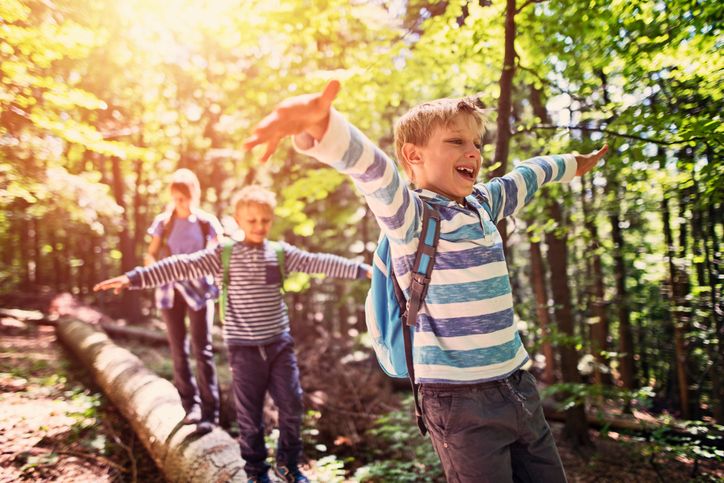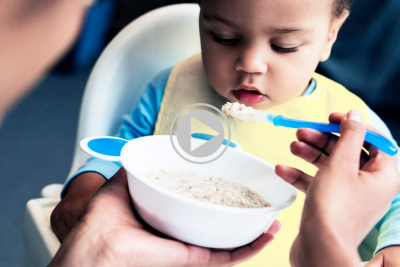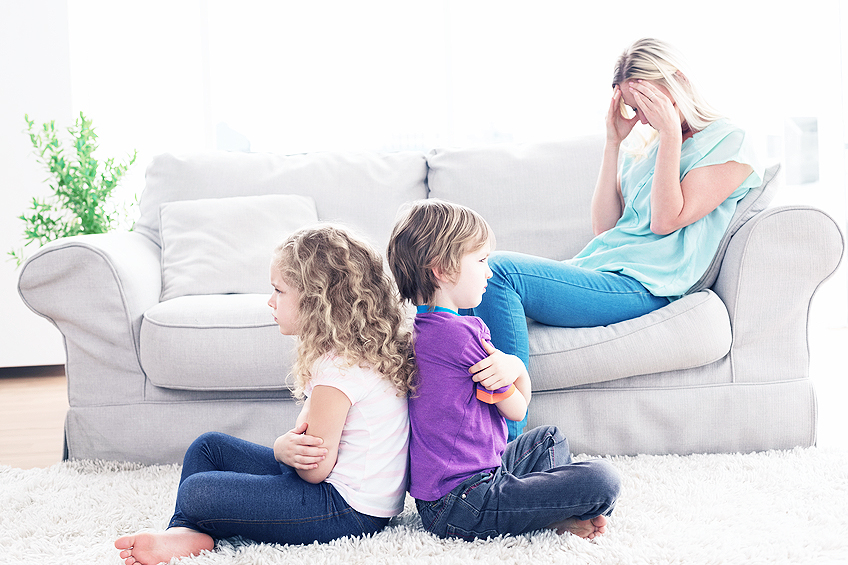While a family camping trip or hike can be a fun outdoor summer activity, it also poses a range of safety and health issues that parents and children need to prepare for. Plan ahead and teach your children some basic safety guidelines. Here are some tips offered by The Center for Disease Control and the National Traffic Safety Institute to ensure a fun and safe camping and hiking experience:
Before Your Adventure Begins…
- Before you leave, check the weather forecast, learn about security at your camp location, and tell family and friends about your plans. Always carry a first aid kit and be trained in CPR. Other basic necessities include a compass or GPS, map, flashlight, blankets, batteries, food, water, clothes, and medications.
- Teach your children if they do get lost, stay calm and stay where they are. Have them carry a whistle to use if they get separated from the group.
- Check with your doctor to see if you’ve had all of the recommended vaccines including tetanus, pertussis (whooping cough), meningitis, and/or hepatitis A, depending on your medical history, destination, and other factors.
What to Wear
- Be sure to bring protective gear, such as helmets, sturdy shoes, and life jackets. Avoid poisonous plants like poison ivy, poison oak, and poison sumac.
- Wear sunscreen and insect repellent. Check for ticks daily and remove them promptly. Apply insect repellents containing DEET to exposed skin.
- Wear layers of light-weight, light-colored, and loose-fitting clothing. Rest often in shady areas. Protect yourself from too much sun and stay hydrated.
Safely Prepare and Pack Your Food
- Don’t eat wild berries, mushrooms or other plants. Never drink untreated water. The water in rivers and lakes could be contaminated.
- Pack foods in tight, waterproof bags or containers. Keep them in an insulated cooler. Cook foods to proper temperatures and chill unused foods promptly
- An adventure in the wild means you could encounter many animals. Avoid touching, feeding, and getting near wild animals. Keep foods stored in sealed containers and out of the reach of animals.
Safety Tips for Your Favorite Activities
- Who doesn’t enjoy a good campfire? But make sure that it’s never left unattended and put the flame out completely before going to bed.
- Never use fuel-burning equipment – such as lanterns and heaters – inside a tent, camper, or other enclosed shelter. It can cause dangerous levels of carbon monoxide which can build up and be dangerous, even lethal.
- Be mindful of water safety. Whether it is swimming, boating, or canoeing in the great outdoors, remember to always provide adult supervision for your children around water.
With some basic preparation and anticipation of health and safety issues and an understanding of how to handle them, camping and hiking can be a memorable and fun summer experience with friends and family.






Comments